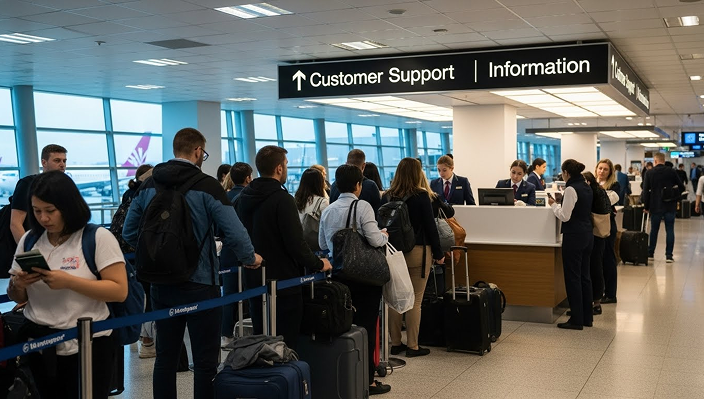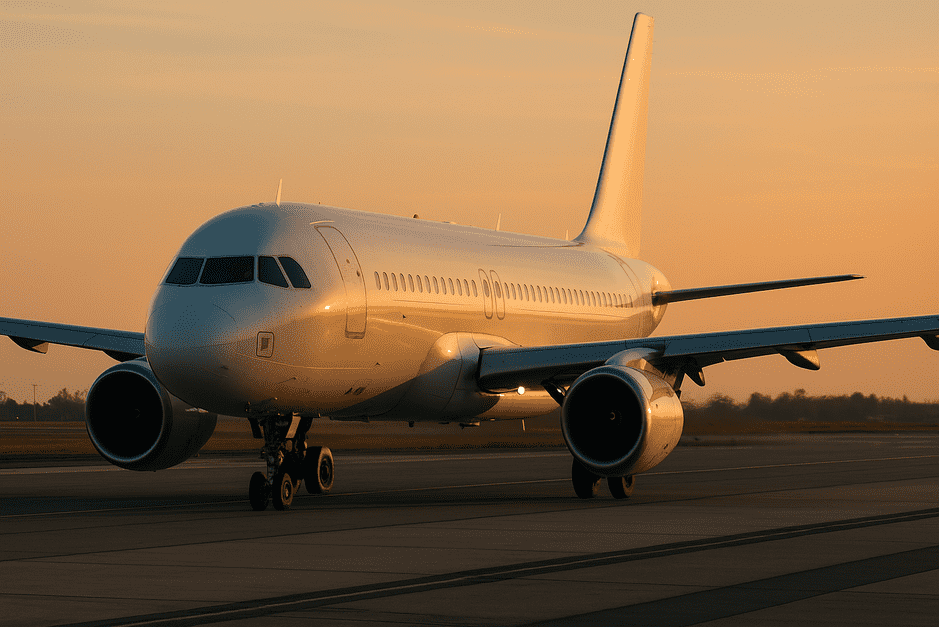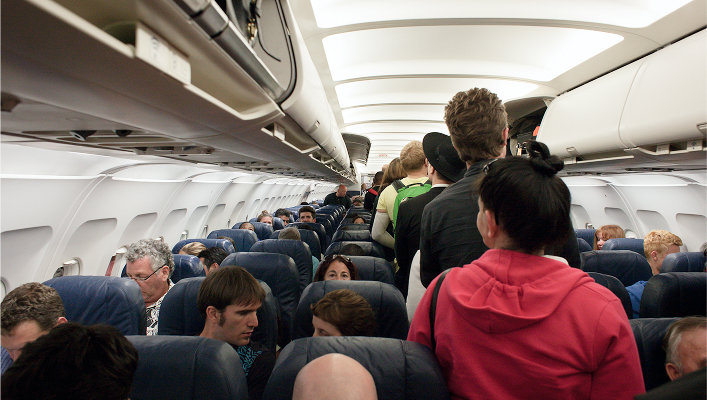Recent reports from the IPW travel trade show in Los Angeles shed light on a major shift in the dynamics of the upcoming 2026 FIFA World Cup. Traditionally a global celebration for soccer fans, the event is increasingly becoming a corporate offsite, with big businesses driving much of the ticket sales.
Oswaldo Freitas, CEO of Easy Time Travel, noted that the World Cup has transformed into a corporate event, stating, “It’s not a public event anymore.” Lena Ross, COO of America 4 You and chairwoman of the International Inbound Travel Association, echoed this sentiment, highlighting that big corporations are purchasing ticket blocks to distribute to their clients and customers.
The rising cost of FIFA tournaments has made it difficult for individual travelers to afford attendance. Freitas pointed out, “Because of the rate, the cost of the hospitality [package] tickets is so high that a regular customer cannot afford that.”
As a result, the bulk of business for tour operators is expected to come from corporations rewarding high-performing employees, with tickets going on sale in 2025.
While this trend benefits tour operators specialized in corporate groups, those focusing on individual travelers may face financial pressure.
The World Cup's impact can also lead to price increases from local partners, as seen in Paris in preparation for the 2024 Olympics.
The upcoming World Cup will span nearly 40 days across 11 U.S. cities, potentially affecting tourism in those areas.
Ross expressed concern about placing normal clients in cities with high World Cup interest. Nick Hentschel, COO of AmericanTours International, highlighted in a recent Skift article the importance of hoteliers being mindful of other types of travelers, not just World Cup attendees.
As the 2026 World Cup approaches, the spotlight is shifting towards corporate interests, potentially leaving regular fans on the sidelines. While this presents challenges for individual travelers, corporate travel specialists stand to benefit, offering exclusive experiences for companies.
However, destinations hosting World Cup games may experience a surge in visitors, leading to concerns about hotel pricing and the impact on non-World Cup tourists.
The evolving landscape of the World Cup underscores the changing dynamics of global events and their impact on both tourism and corporate travel.

.svg)
.svg)
.svg)













.png)








.png)
.png)


-min.png)
.png)
-min.png)
.png)
-min.png)
.png)
-min.png)
.png)


.jpg)
















.png)
.png)



